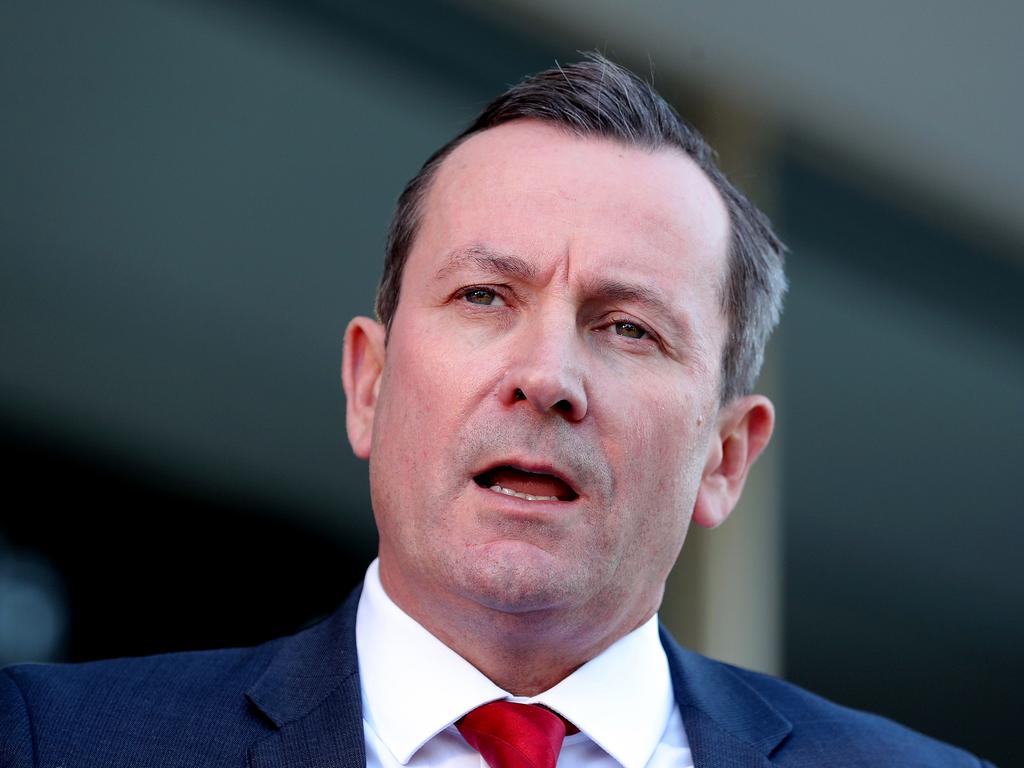Morrison is playing a long game with China as the world is watching


This principle Morrison made clear in one of his first foreign policy speeches as Prime Minister. And no amount of economic coercion from the Chinese Communist Party is about to change that.
But Morrison hasn’t walked blindly into this situation. While there will be short-term pain from China’s retaliation, unlike past disputes Morrison knows the rest of the world is watching.
In leading the charge for an investigation into the origins of a pandemic that has killed more than 300,000 people, he has catapulted Australia onto the world stage. And he has captured the attention of global leaders who are now looking on as China reacts to Australia over what most countries accept was a perfectly reasonable question, and assessing their own relationships.
Rather than being a shag on a rock, Morrison’s strong stance has engineered a collective global push for an inquiry, which is now being led by Europe. Domestically, Morrison’s position is widely supported. To back down would be politically disastrous.
China’s aggressiveness has hardened the view among Australians that the nation shouldn’t be an economic vassal and that China should not be appeased.
A Lowy Institute poll shows 68 per cent of Australians view China less favourably since the pandemic. This would appear to have left Anthony Albanese on the wrong side of the argument, at least in the short term, as he attempts to find any issue that can give Labor “product differentiation” with the Coalition. Labor’s strategy rests on the assumption that the situation will deteriorate, with deeper economic consequences for which Morrison will later be accountable.
Despite China’s indignation, and hysteria from Labor, Morrison has been consistent and reasonable in his language: “We simply want to know what went on so it doesn’t happen again.”
For this he received unlikely praise in the left-leaning New York Times three days ago.
“When Australia started pushing for a global inquiry into the origins of the coronavirus pandemic, no other countries were on board, and officials had no idea how it would work or how harshly China might react,” it said.
“Europe soon joined the effort anyway, moving to take up the idea with the World Health Organisation later this month. And Australia, in its new-found role as global catalyst, has become both a major target of Chinese anger and the sudden leader of a push to bolster international institutions that the US has abandoned under President Donald Trump.
“The middle-power dynamic may last only as long as the virus. But if it continues, it could offer an alternative to the decrees and demands of the world’s two superpowers. Beyond the bluster of Washington and Beijing, a fluid working group has emerged with a rotating cast of leaders that has the potential to challenge the bullying of China, fill the vacuums left by the US, and do what no lesser power could do on its own.”
Australia is leading this push, and while there is no easy path through these tensions, Morrison has no intention of backing down. He would accept that some of the heat probably needs to be taken out of it. Calming down some of his backbenchers might be a start.
Letters have also been sent via the normal diplomatic channels explaining Australia’s position.
Morrison started long before the pandemic in establishing a narrative around Australia controlling its own destiny and broadening its trade markets. He accepts there will be hard choices and difficult trade-offs to be made.
Morrison won’t use such explicit language, but the reality is that it is China that has changed, not Australia. This is a different China from the one that defined the resources boom. And now COVID-19 is perhaps lifting the veil on that for some countries that have not had the nuanced relationship with China Australia has.
Labor seems to have dismissed the pre-existing context for all this, which is based around China’s militarisation in The South China Sea, its brazen foreign interference and the clear message that it wants the US out of the Pacific.
“It’s a long game and there is no lever to pull to return to 2000,” a senior government source said.
And Australian companies should be reminded that where there are the greatest rewards there are also the greatest risks.






Scott Morrison is playing a long-game strategy with China that has Australian sovereignty fiercely at the forefront of the relationship with Beijing, and an acceptance that hard choices will have to be made.